“Content is the reason search began in the first place”- Lee Odden
In today’s fast-paced digital era, where attention is lacking, standing out amid the online noise is a formidable challenge every business faces. Did you know that every second, Google processes over 40,000 search queries? Navigating this digital field requires mastering the art of Search Engine Optimization (SEO). If you’re starting your digital marketing journey, understanding the basics of SEO is not just beneficial—it’s essential for improving your website’s search engine visibility. In this beginner’s guide, we’ll simplify the fundamentals of SEO to set you on the path to enhancing your online presence.
Table of Contents
Understanding SEO: What Is It and Why Does It Matter?
In the digital landscape, the journey to improving your website’s visibility and impact begins with the art of Search Engine Optimization (SEO). This strategic practice involves refining your website’s content, structure, and overall online presence to secure a prime spot in search engine results pages (SERPs).
SEO is more than a technical strategy; it’s a deliberate effort to align your digital presence with the criteria search engines use to rank websites. From the language you use in your content to the seamless functionality of your website, each element plays a crucial role in climbing search rankings and delivering a valuable experience to your audience.
Explore this guide to demystify the world of SEO, and discover how these strategic practices can propel your online presence to new heights.
Defining Search SEO
Search Engine Optimization (SEO) is the practice of optimizing your website to enhance its visibility on search engines like Google. The goal is to improve your website’s organic (non-paid) ranking, making it more likely to appear in relevant search results.
Importance of SEO
Why does Search Engine Optimization matter? Imagine having a beautifully designed website, but in the vast digital landscape, it’s like having a hidden gem with no visitors. SEO ensures that your website is not just a digital brochure but a powerful tool for attracting visitors, generating leads, and ultimately, driving business growth. In a world where over 90% of online experiences begin with a search engine, being found is not just an advantage—it’s a necessity.
Key Elements of SEO
1. On-Page SEO
Meta Tags, Headers, and Content Optimization: Meta tags, including titles and descriptions, play a crucial role in telling search engines what your page is about. Headers and content optimization involve strategically using keywords in your content for better search engine understanding.
URL Structure and Internal Linking: A clean URL structure and well-thought-out internal linking contribute to a positive user experience and help search engines navigate your site efficiently. For example, a user-friendly URL like “yoursite.com/blog/seo-guide” is more appealing and understandable.
2. Off-Page SEO
Backlinks and Their Importance: Quality backlinks from reputable websites act as “votes of confidence” for your site, signalling to search engines that your content is valuable and trustworthy. To put it simply, if other websites are vouching for your content, search engines are more likely to recommend it to users.
Social Signals: Engagement on social media platforms contributes to your website’s authority. Likes, shares, and comments create social signals that can positively impact your search rankings. In the digital age, social media presence is a testament to your brand’s vitality.
3. Technical SEO
In the backstage of SEO lies Technical SEO, a crucial but often overlooked aspect. This involves optimizing site speed, ensuring mobile responsiveness, and facilitating search engine crawlers to navigate and index your content seamlessly. Think of Technical SEO as the engine that powers the entire SEO vehicle.
4. Local SEO Considerations
For businesses targeting local audiences, incorporating Local SEO practices is essential. This involves optimizing your website for location-based keywords, managing your Google My Business listing, and encouraging local customer reviews
SEO Best Practices
White Hat vs. Black Hat SEO
In the world of SEO, ethical practices (white hat) yield long-term benefits, while unethical practices (black hat) may lead to penalties. It’s crucial to focus on sustainable strategies that align with search engine guidelines.
Quality Content and User Experience
The foundation of SEO success lies in creating valuable content that meets user intent. A positive user experience, from fast-loading pages to mobile responsiveness, enhances your site’s overall performance.
Voice Search, Featured Snippets, and Mobile-First Indexing
Given the rise of voice search and mobile device usage, optimizing for voice search and aiming for featured snippets becomes crucial. Additionally, emphasizes the importance of Mobile-First Indexing and the need for a responsive design to cater to mobile users.
Tools for SEO
Keyword Research Tools:
- Google Keyword Planner: Discover relevant keywords for your industry. This tool, provided by Google, allows you to explore keywords, estimate their search volumes, and plan your content strategy accordingly.
- Ubersuggest: Analyze keyword trends and competition. Ubersuggest provides insights into keyword ideas, content ideas, and competitor strategies, making it a valuable tool for refining your SEO strategy.
- SEMrush: Gain insights into your competitors’ strategies. SEMrush goes beyond keyword research, offering competitive analysis, backlink audits, and a comprehensive view of your digital landscape.
- Ahrefs: Explore comprehensive keyword data, backlink analysis, and competitor research. Ahrefs is a powerhouse for SEO professionals, providing in-depth insights into keywords, backlinks, and content performance.
Content Optimization Tools:
- Yoast SEO: A WordPress plugin that helps optimize your content for search engines. Yoast provides real-time analysis of your content, offering suggestions for improvements in readability, keyword usage, and meta information.
- Grammarly: Ensure your content is grammatically correct and well-written. While not exclusively an SEO tool, clear and error-free content contributes to a positive user experience and may impact search rankings.
Analytics Tools
Website Traffic Analysis:
- Google Analytics: Monitor website traffic and user behaviour. Google Analytics is the go-to tool for understanding how users interact with your website, tracking key metrics like page views, session duration, and user demographics.
- Google Search Console: Receive alerts about site issues and understand how Google views your site. This tool provides insights into how Google’s search engine crawls and indexes your site, helping you identify and resolve potential issues.
- Hotjar: Visualize user behavior on your site. Hotjar offers heatmaps, session recordings, and surveys to help you understand how users navigate your site and make data-driven decisions for optimization.
Technical SEO Tools:
- Screaming Frog SEO Spider: Conduct a comprehensive SEO audit of your site. This tool crawls your website, identifying issues such as broken links, duplicate content, and missing meta tags—crucial for maintaining a healthy site structure.
- PageSpeed Insights: Assess and optimize your website’s loading speed. Google’s PageSpeed Insights provides recommendations for improving your site’s performance on both desktop and mobile devices.
- Mobile-Friendly Test: Ensure your website is optimized for mobile devices. This tool from Google evaluates your site’s mobile responsiveness, a critical factor in today’s mobile-centric digital landscape.
- Structured Data Testing Tool: Validate and preview your structured data. As search engines increasingly rely on structured data, this tool helps ensure your website’s data is properly formatted for enhanced visibility in search results.
Tag Management:
- Google Tag Manager: Simplify the process of adding and managing tags (snippets of code or tracking pixels) on your website without requiring direct code changes. Google Tag Manager enhances your ability to track user interactions, implement marketing tags, and streamline the management of various scripts on your site.
Why You Should Consider Working with an SEO Expert
Search engine optimization (SEO) isn’t just about using the right keywords; it involves a holistic approach to making your website perform better in search results. Sometimes, implementing SEO on your own can feel overwhelming. That’s where working with an experienced SEO specialist can make a real difference.
Experts like Elke Egi, an SEO Expert in Austria, emphasize how a properly optimized website can work for you 24/7, attracting potential customers without extra cost. If you’ve been hesitant about implementing SEO or unsure whether it’s worth the effort, consulting a specialist can help provide the clarity and guidance you need to move forward.
Your SEO Journey Begins Here
Congratulations on unlocking the fundamentals of SEO! This guide has laid the groundwork for your digital journey. Remember, SEO is not just about climbing search rankings; it’s a strategic approach to crafting a compelling online presence.
As you navigate the realms of on-page, off-page, and technical SEO, keep in mind that quality content and user experience are the cornerstones of success. The tools outlined here are your allies—use them wisely to refine your strategy and stay ahead.
This is just the beginning. SEO is an ever-evolving landscape, and your commitment to mastering it will propel your website to new heights. Dive into the world of keywords, leverage analytics insights, and embrace the power of Google Tag Manager.
Your SEO journey starts now. Stay curious, stay innovative, and watch your online presence thrive. If you need any further help in SEO, Read another article I wrote on “SEO Tips for 2024: How to Rank Higher on Google” and “SEO for Beginners: How to Start Optimising Your Website“.


great
Simple and understanding 👍
good
Nice
Good day I am so excited I found your site, I really found you by mistake, while I was browsing on Bing for something else, Anyways I am here now and would just like to say kudos for a marvelous post and a all round exciting blog (I also love the theme/design), I don’t have time to go through it all at the moment but I have book-marked it and also added in your RSS feeds, so when I have time I will be back to read a great deal more, Please do keep up the great job.
I simply couldn’t leave your web site prior to suggesting that
I extremely enjoyed the standard info an individual
supply on your guests? Is gonna be back incessantly to investigate
cross-check new posts
Hey There. I discovered your weblog the usage of msn. This is a very smartly written article.
I’ll make sure to bookmark it and return to read extra
of your helpful information. Thank you for the post. I’ll certainly
return.
Heya! I realize this is somewhat off-topic however I had to ask.
Does running a well-established blog like yours take a massive amount
work? I’m completely new to running a blog
however I do write in my diary on a daily basis. I’d like to start a blog so I can easily share my own experience
and feelings online. Please let me know if you have any kind of recommendations or tips for brand new aspiring bloggers.
Thankyou!
My brother suggested I might like this web site.
He was totally right. This post actually made my day.
You can not imagine just how much time I had spent
for this info! Thanks!
We’re a group of volunteers and opening a new scheme in our community.
Your site offered us with useful info to work on. You
have performed a formidable activity and our entire neighborhood shall be grateful
to you.
Way cool! Some very valid points! I appreciate you writing this article and also the rest of the site is also really good.
Pretty! This has been an incredibly wonderful article.
Many thanks for supplying this information.
We are a group of volunteers and opening a new scheme in our community.
Your website provided us with valuable information to work on. You’ve done a formidable job and
our entire community will be thankful to you.
You can definitely see your enthusiasm in the work you write.
The arena hopes for more passionate writers like you who are not afraid to mention how
they believe. At all times follow your heart.
Good post. I’m facing a few of these issues as well..